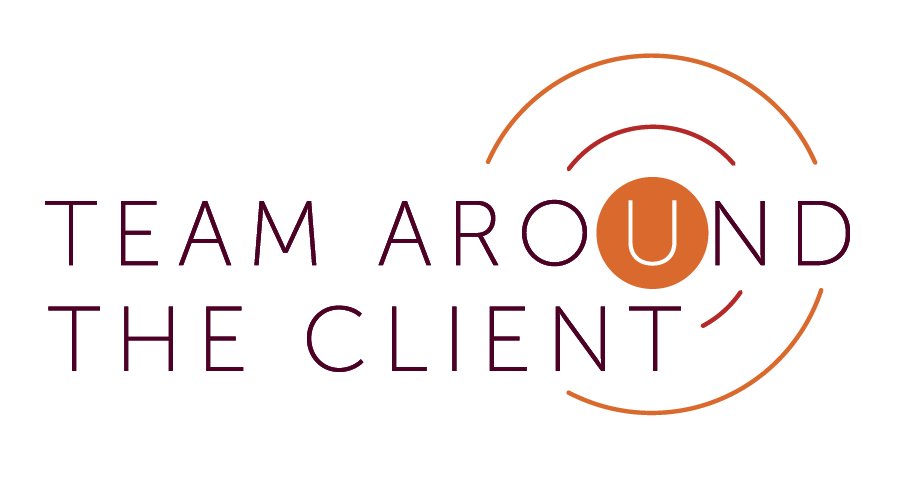Specialists in their field
No longer a Road to Nowhere?
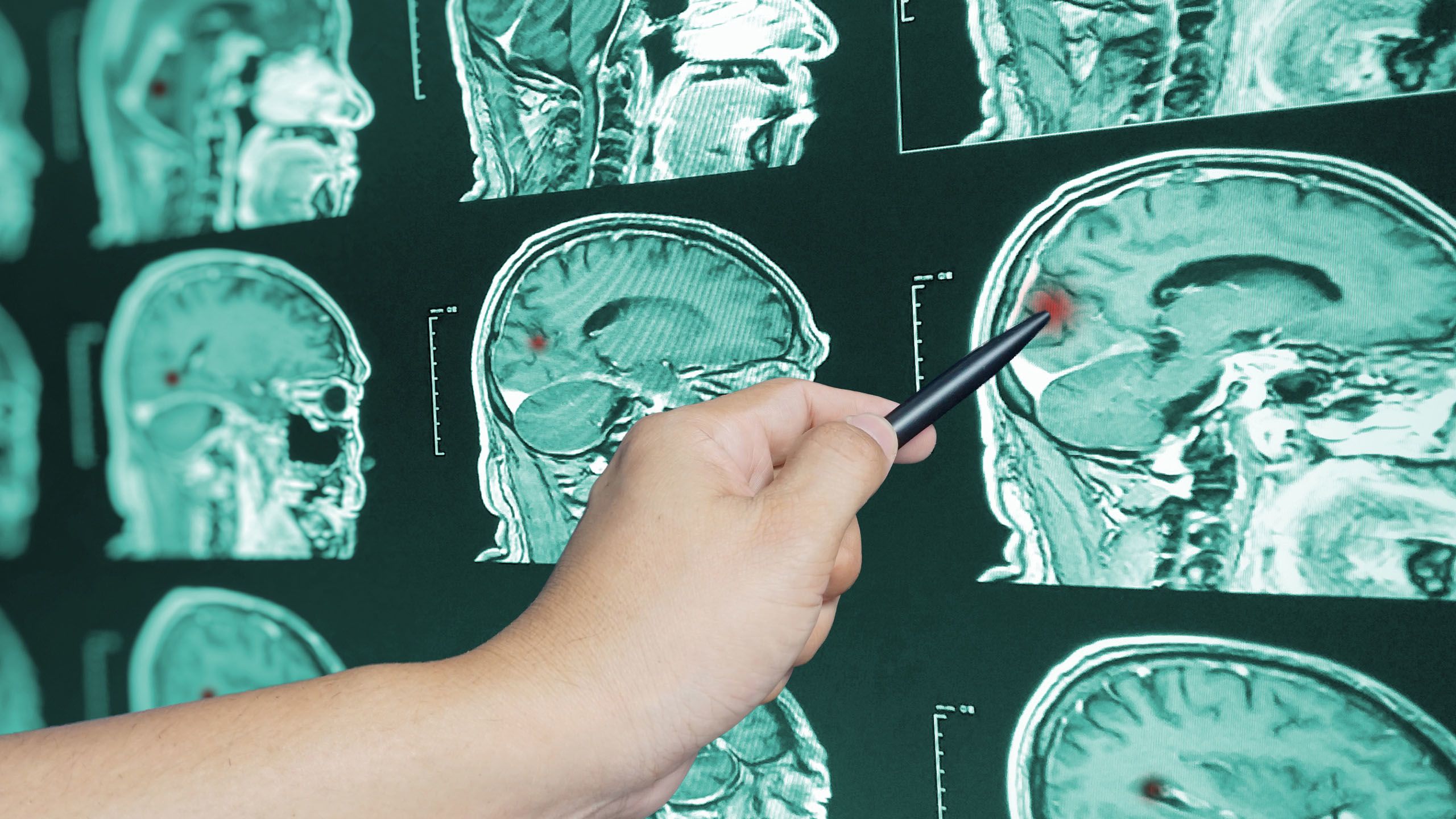

In 1985, David Byrne of the rock band Talking Heads wrote “Road to Nowhere” to describe his perception of how sometimes life doesn't progress; of there being no sense of order, plan or scheme – but that this is fine and we can all deal with it.
In this country we have made attempts to deal with acquired brain injury rehabilitation, and we might now be on the road to somewhere much more positive than previously thought.
Political background to brain injury rehabilitation
Following the economic crash of 2008, the UK found itself shackled with an enforced austerity policy. It is not for me to judge whether this was either appropriate or necessary, but the fact is this led to a lack of investment in so many areas which would otherwise have benefited from investment. Brain injury rehabilitation was no exception.
It is well documented, and generally accepted, that a multidisciplinary team of medical, therapeutic and clinical experts will be needed to support those who have suffered serious brain injuries. It was estimated by the All-Party Parliamentary Group for Acquired Brain Injury that in 2019 there were 4,600 inpatient beds available in the UK to support those with neurorehabilitation needs following brain injury. To put that into context, the annual hospital admissions for acquired brain injury is approximately 300,000. To support those with serious brain injuries who need inpatient rehabilitation, it was estimated that 14,600 inpatient beds were needed. This means there was a staggering shortfall of 10,000 neurorehabilitation beds in the UK.
"It is not as if the policymakers are not aware of the need for effective neurorehabilitation following brain injury."
Further analysis of the picture does not make happy reading. The All-Party Parliamentary Group discovered that, since 2013, there was a rise of 700 neurorehabilitation inpatient beds in the private sector, but a fall of 100 beds in the National Health Service. The closure of neurorehabilitation units and reduction in beds exacerbated the postcode lottery to which I shall refer later.
It is not as if the policymakers are not aware of the need for effective neurorehabilitation following brain injury. In 2001 the Parliamentary Health Select Committee published the report “Head Injury: Rehabilitation” which contained detailed recommendations ranging from the provision in acute care to support in the community including statutory and non-statutory sectors. Whilst some of the recommendations in relation to acute care have been implemented, many of the recommendations beyond the acute phase remain outstanding.
Through the dogged determination of the All-Party Parliamentary Group for Acquired Brain Injury, the Government has now accepted that there should be a strategy to meet the needs of adults and children with an acquired brain injury. There is currently a call for evidence to inform the strategy and those responsible for forming it. For those involved in the neurorehabilitation sector, we await with keen interest the published strategy which will represent an enormous change in political will and hopefully policy-making attitude. The strategy will hopefully apply to all the key public bodies, notably local authorities, NHS bodies, NHS Foundation Trusts, Ministry of Defence, HM Prison service, the Department for Work and Pensions and the Department for Digital Culture, Media and Sport.
There can be no question that we need to do more in this country to support those with acquired brain injury. Elsewhere in this edition of our Team Around The Client magazine, you will have read the sad story of "Tom" as related by his sister, Dr Aly Norman, Deputy Chair of Anchor Point. Sadly, Tom’s story is not an isolated one. The lack of statutory and non-statutory support for Tom had tragic consequences which but for the courage and tenacity of his family would no doubt have gone unnoticed.
It is against the background of stories such as Tom’s that the Government's commitment to see a strategy to support those with acquired brain injury has to be applauded. It represents a noticeable change in the political tide, and the willingness to embrace change (with the implied acceptance that the requisite funding will be made available) should undoubtedly lead to a brighter future for people such as Tom and their families than would otherwise have been the case.
It would be remiss of me not to mention the enormous efforts of Chris Bryant, MP, whose personal and professional dedication to raising awareness of this issue, and his refusal to let it drop below the radar, has driven us to the situation where we can now expect a strategy to support those with acquired brain injury in the acute and post-acute stages.
Key areas for the ABI Strategy
i. Neurorehabilitation pathways
There are well-defined major trauma pathways for acute care. In the UK we are recognised as having some of the world’s leading experts in neurorehabilitation based at our specialist hospitals and major trauma centres.
Although acknowledging the earlier comment regarding a shortage of acute care beds, it is as the patients continue their journey along the neurorehabilitation pathway that support can become more patchy. This is where resource and funding should be applied.
One of the overarching goals for the ABI strategy should be to ensure that there is a consultant in rehabilitation medicine in every trauma centre, and neurorehabilitation made available to all patients who require it. There have been many attempts over the years to complete a comprehensive neurorehabilitation roadmap. However this has only been successful in specific geographical areas. What is needed is a rehabilitation pathway for the whole country which can only occur if there is coordination and structure given to the process so that the roadmap can be created and made available to all.
"One of the overarching goals for the ABI strategy should be to ensure that there is a consultant in rehabilitation medicine in every trauma centre, and neurorehabilitation made available to all patients who require it."
ii. Rehabilitation prescriptions
In 2013, NHS England guidelines stipulated that all patients with severe injury are entitled to a Rehabilitation Prescription (RP). The RP is a document created following input from a multi-disciplinary neurorehabilitation team and signed off by a consultant in rehabilitation medicine. The RP stipulates what the patient requires to continue rehabilitation.
Sadly, the use of RPs has been at best sporadic. The reasons for this are probably multifactorial.
I have already alluded to the lack of available neurorehabilitation beds and services. If the existing services are already stretched, then adding further patients with complex and time-consuming needs to the patient list will only lead to further breakdown in service delivery. This is clearly an opportunity for the ABI strategy to reinvigorate the use of RPs in conjunction with neurorehabilitation pathways. This will obviously need considerable funding and any strategy has to consider the level of funding required if strategic implementation is to be effective. In a perfect world, a patient who has suffered an acquired brain injury should be in a position to be discharged from the acute care setting to step-down facilities with a clear understanding of what neurorehabilitation is available, how this applies to their particular circumstances, and (most importantly) that the RP is sent to the patient's general practitioner who will be tasked with overseeing delivery of the RP.
Many people who suffer an acquired brain injury struggle with issues such as executive functioning and memory. It is unacceptable to expect these patients to be able to oversee their own rehabilitation. They will need help, guidance, and support throughout their journey. The conceptual thinking behind the RP is brilliant.
It is disappointing to note that this was developed in 2013, and yet eight years later it is clearly not working in practice. Only a major overhaul of our neurorehabilitation pathways can resolve this.
iii. Postcode lottery
The network of Major Trauma Centres covers the whole of the UK. However, in my experience much depends upon the services and support available in the patient's locality. Patients within the catchment area of a multi-trauma centre can often access neurorehabilitation there. However patients who live in more remote areas, or areas where there is limited or even no neurorehabilitation available, become incredibly disadvantaged.
It is simply not possible to expect many patients to undertake a round trip of over 100 miles simply to access what might be one hour’s rehabilitation. Many patients with acquired brain injury would find this impossible, let alone too expensive. Establishing the rehabilitation pathways referred to earlier will go some way to establishing where the geographical gaps are and how best they could then be filled. Establishing a network of dedicated rehabilitation pathways will empower those writing the RPs, the GPs tasked with overseeing the delivery of the RP, and of course those who have suffered an acquired brain injury who will have greater understanding of what can be done for them.
"It is simply not possible to expect many patients to undertake a round trip of over 100 miles simply to access what might be one hour’s rehabilitation."
iv. Social care and support
It would be remiss to not mention the staffing crisis in social care.
We have entered the perfect storm. The effects of Brexit have reduced labour supply in the care sector. The pandemic is causing significant staff absenteeism through isolation or illness, which is stretching the resources to breaking point, and in some cases beyond. We read in the news that some care homes have had to send people back to hospital because they can no longer satisfy the necessary staff/patient ratios required and there is no other option with other care homes having closed or full.
Another issue which is now troubling the care sector is the cost-of-living crisis. Wages in the care sector are notoriously low and have been for many years. It would not be surprising to see experienced carers forced to leave the sector for purely personal economic reasons, and with reports of over 100,000 vacancies in the care sector it is difficult to see how the ABI strategy could resolve this worrying issue. Retaining experienced neurorehabilitation expertise underpins excellent service delivery which will ensure the kind of results one would hope.
Surely we owe it to those who have suffered an acquired brain injury to give them every opportunity to return to a fulfilled life and able to contribute to society.
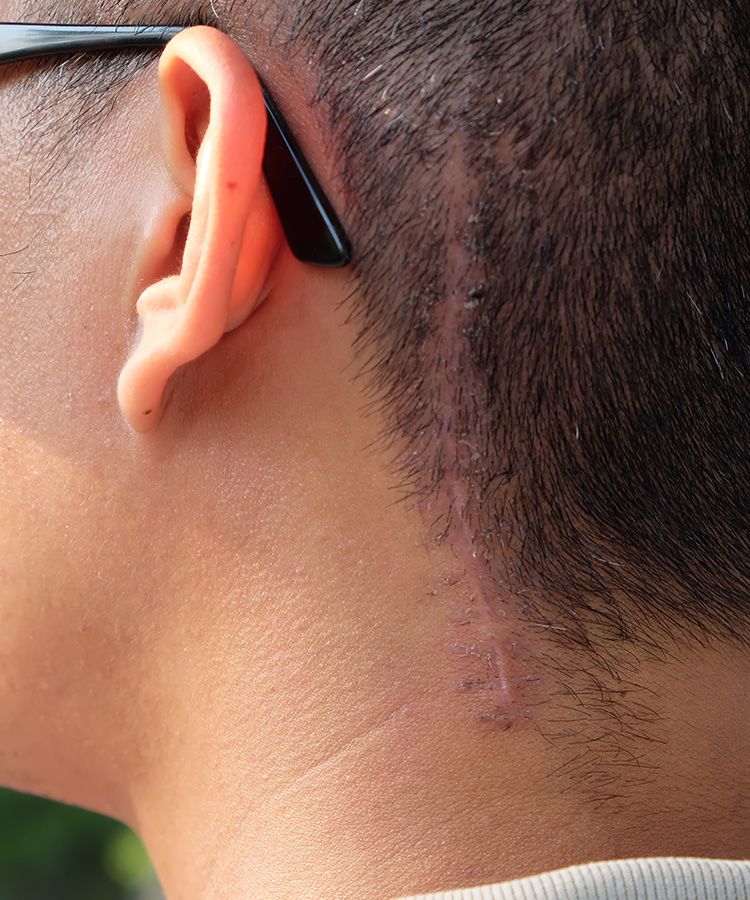
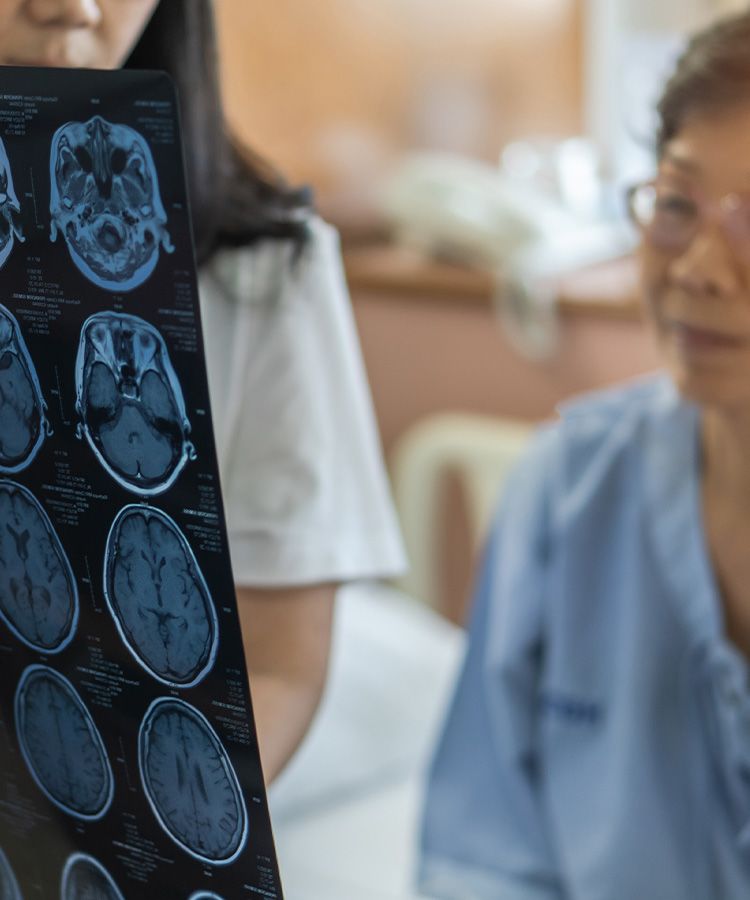
There is currently a call for evidence to assist with the drafting of the ABI strategy. This is the beginning of building the roadmap – despite the challenges, they are exciting times for all those involved in neurorehabilitation.
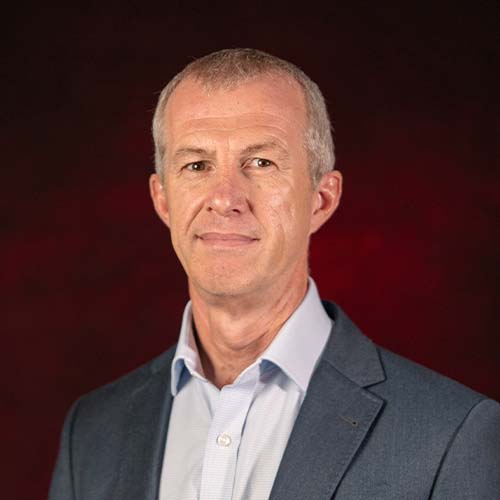
Stuart Brazington is a Partner in our Injury division who specialises in brain and catastrophic injuries and leads the firm’s Brain Injury team, which helps clients who have been catastrophically injured and who have multi-million pound claims. Stuart is also the regional lead partner for the firm's Bath offices.


